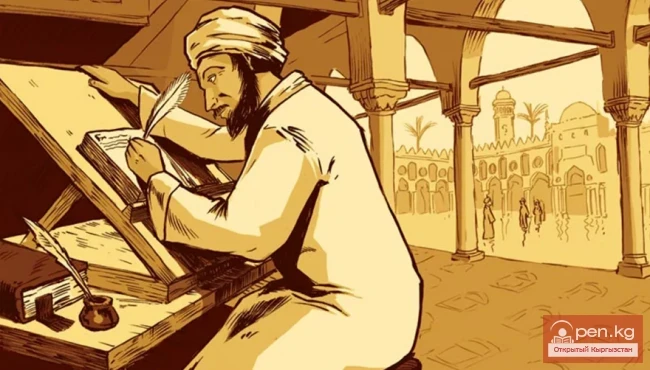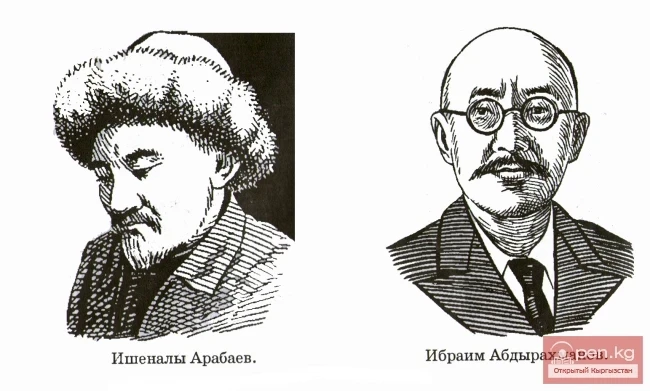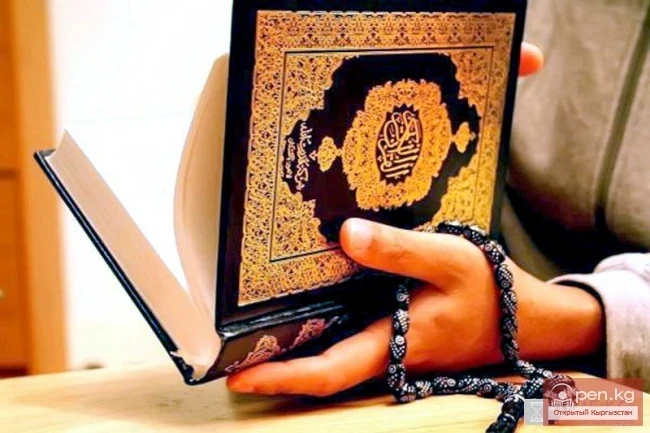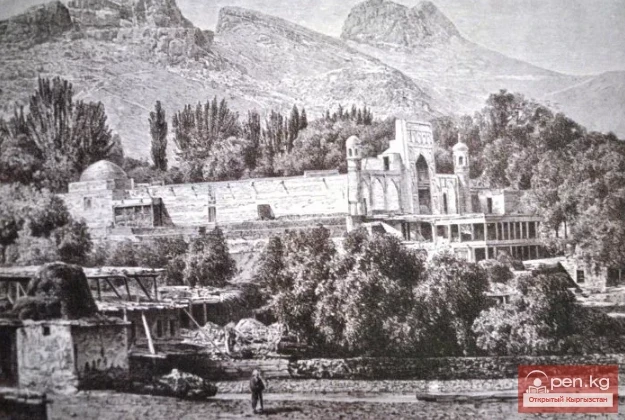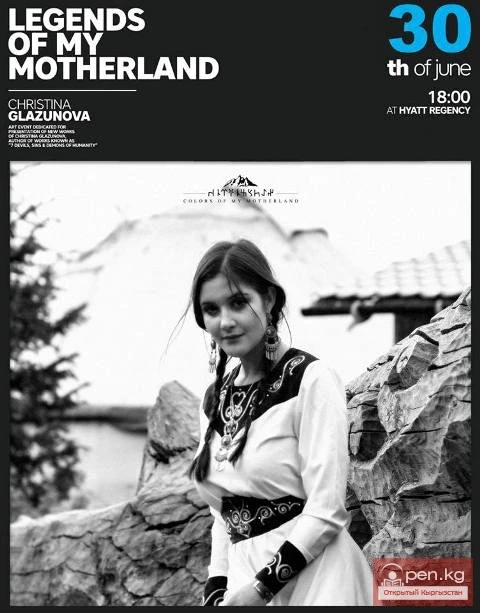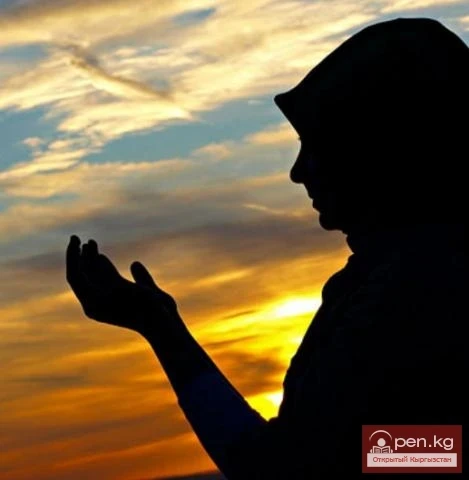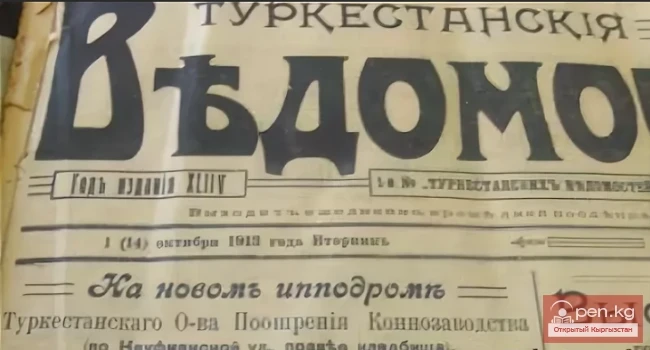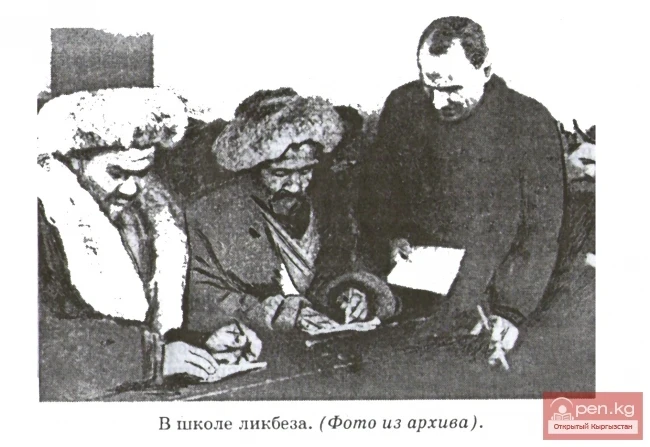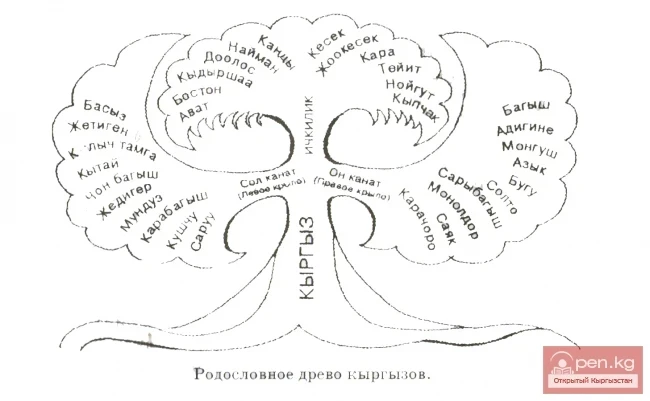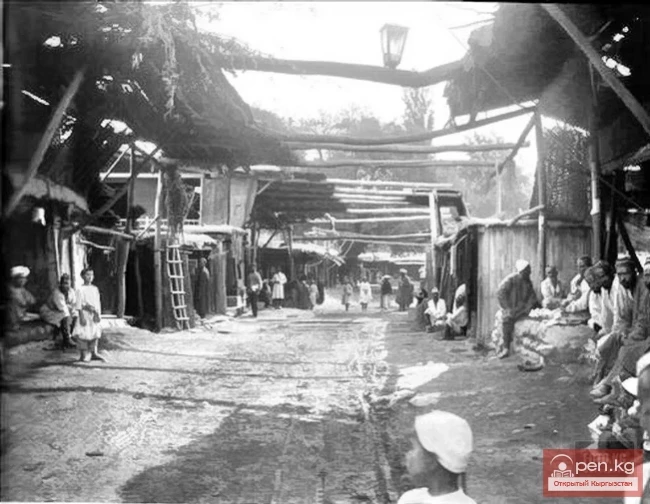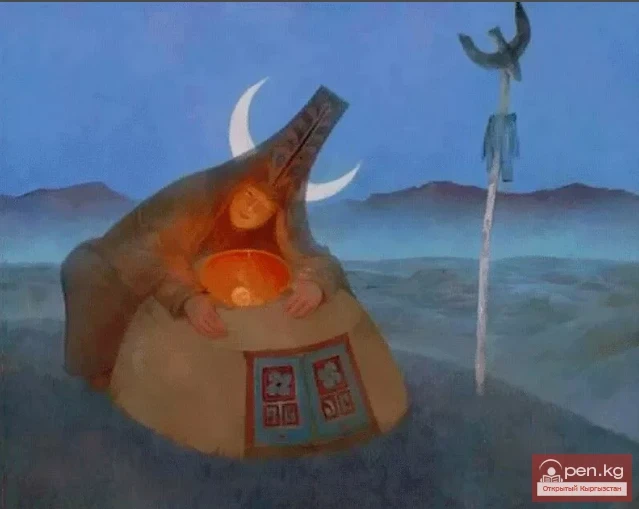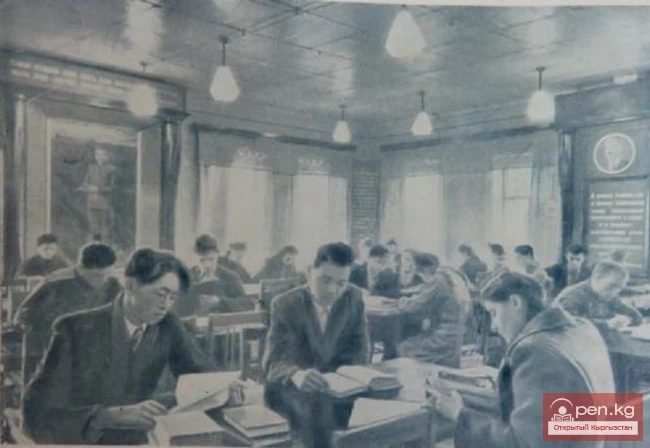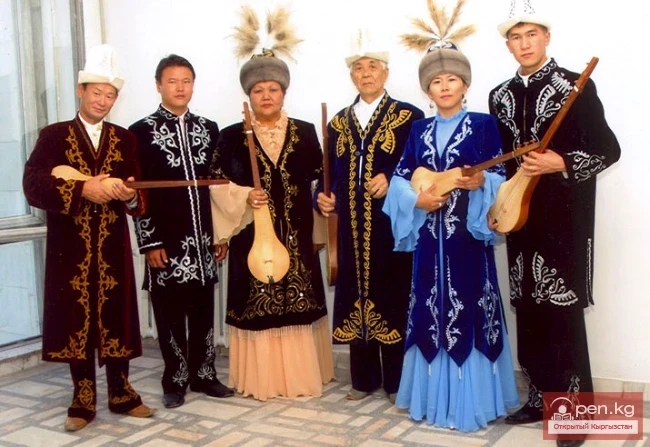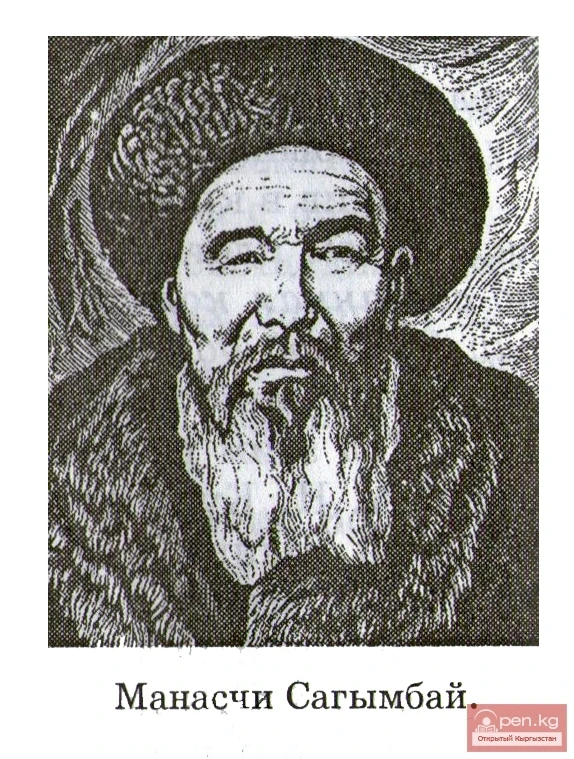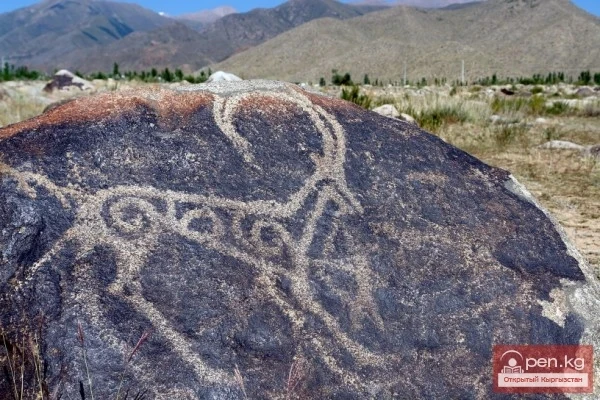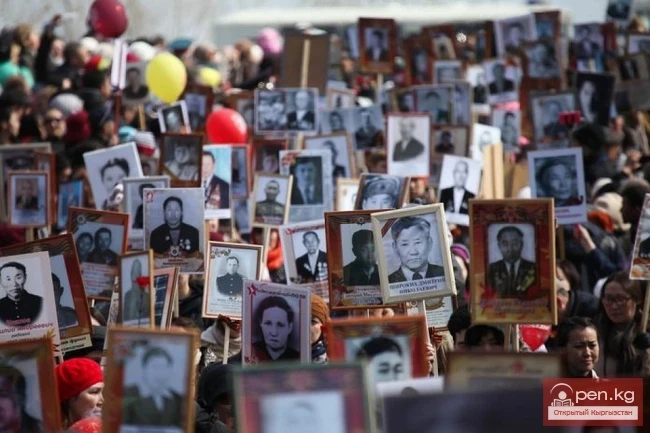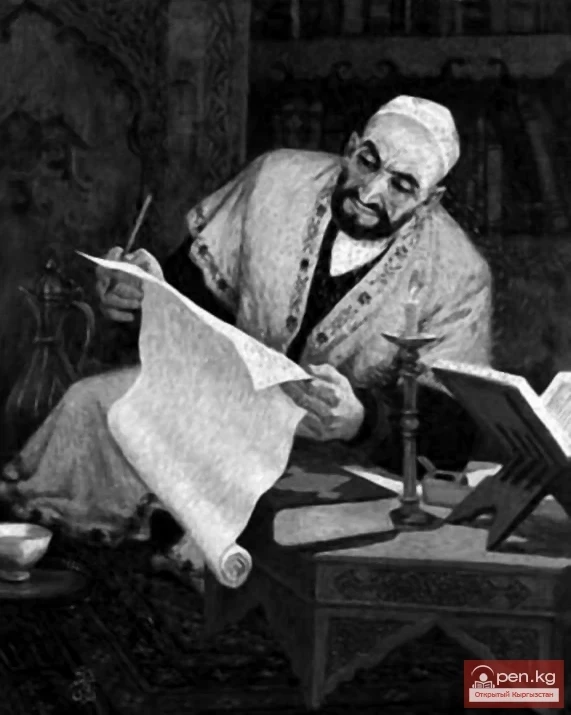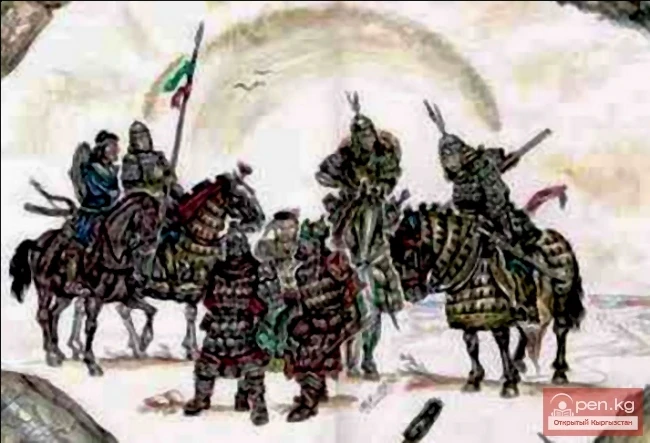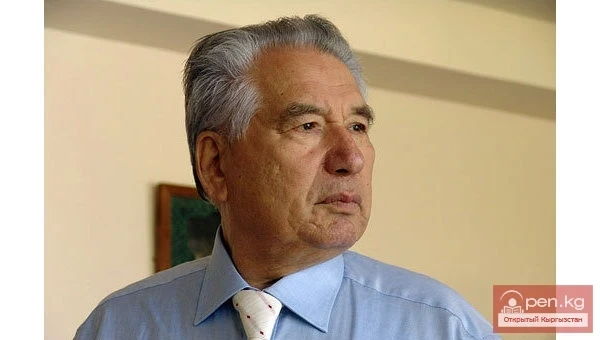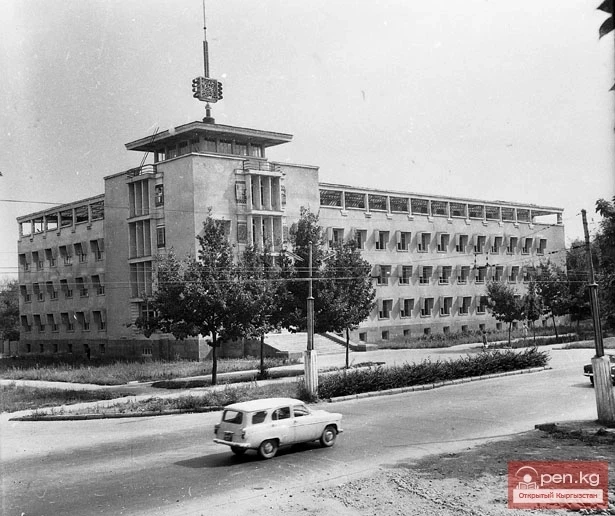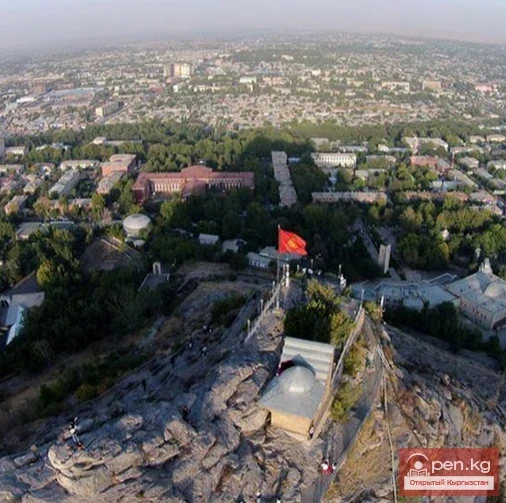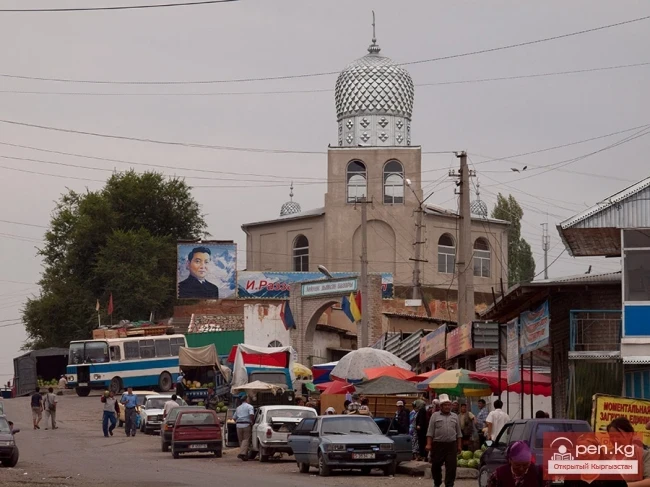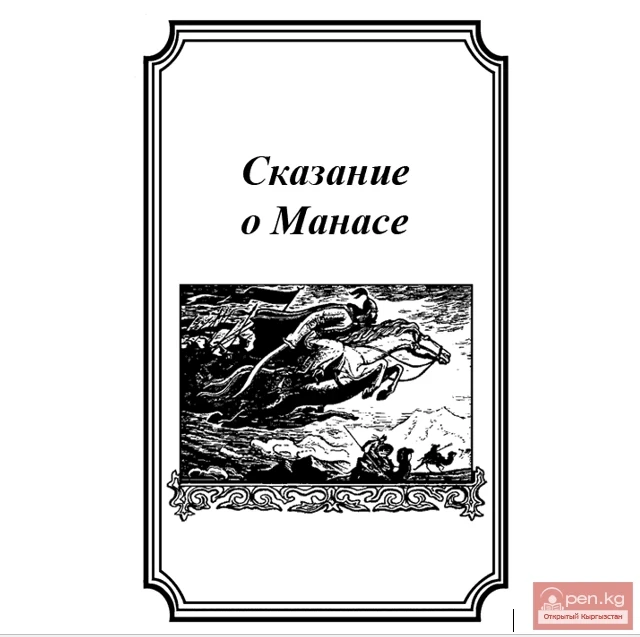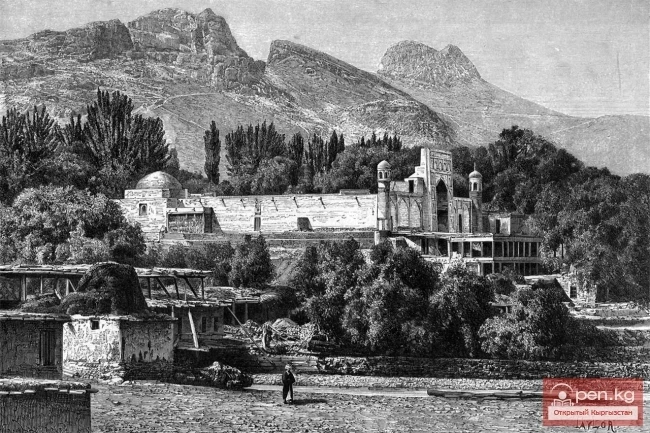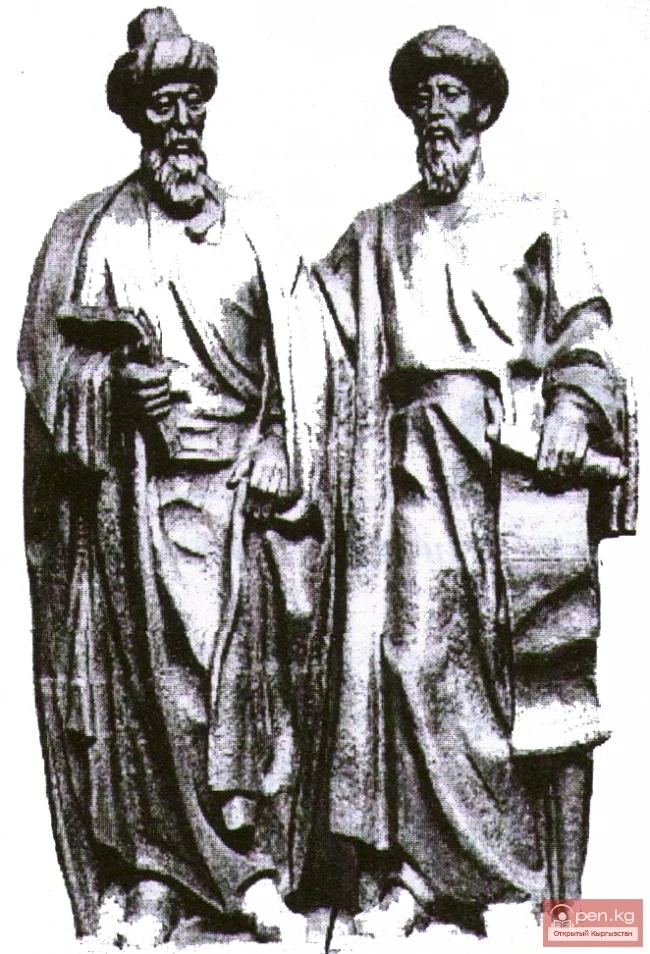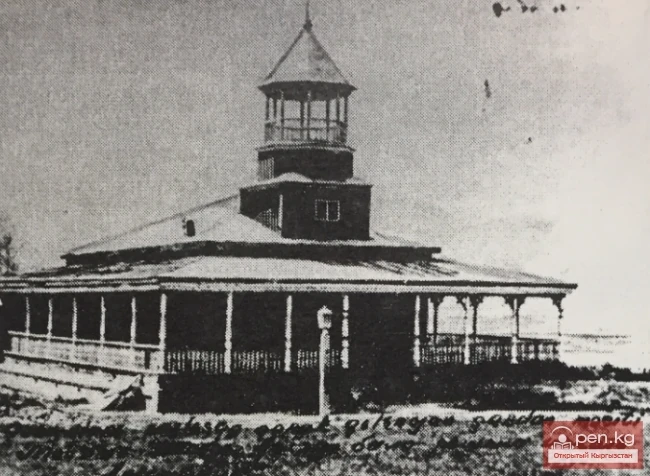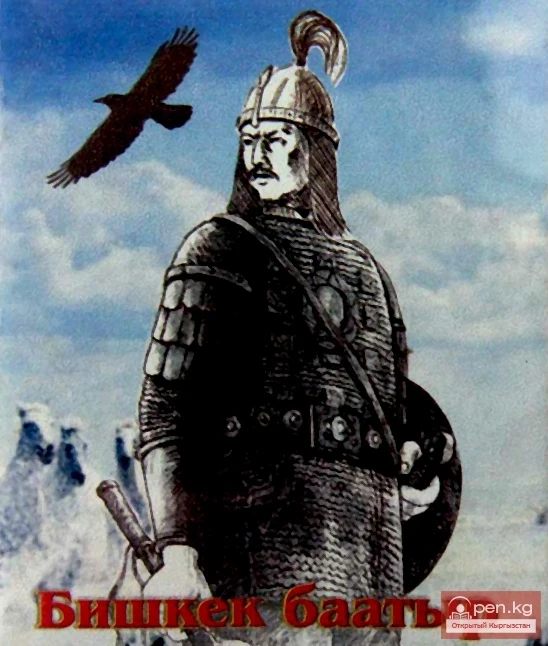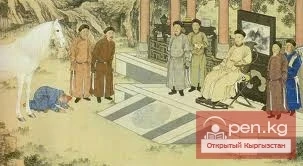Beacon of Faith
Thus, Osh, once a city of "infidels" - Zoroastrians and followers of local shamanic cults - gradually became a holy city for Muslims. It took centuries for new Islamic legends, tales, and myths to replace the pagan legends and rituals practiced on the slopes of the mountain. These stories recounted the life of Adam, as well as the assembly of Muslim prophets, such as Jibril, Muhammad, Sulayman, Asaf ibn Burhiya, and many others.
This continued until the advent of Soviet power.
Moreover, Osh has always been a center of science, education, and cultural connections. According to some sources, a large library was established based on several madrasahs. In the educational institutions of the city, alongside theological literature, books by Hafiz, Fizuli, Navoi, Bedil, and many other classics of Eastern literature were recommended for reading. It is enough to mention the names of great Osh poets, scholars, jurists, and interpreters of religious prescriptions such as Ali Mansur al-Oshi (11th century), his sons - Imran and Masud, Omara ibn Musa al-Oshi (11th century), Muhammad ibn Ahmad al-Oshi (12th century). These and other famous medieval scholars, educators, and poets were known far beyond their region and lectured at the best theological institutions in Baghdad and Bukhara.
One of these outstanding thinkers from the medieval "southern capital" was Ali ibn Osman al-Oshi (died in 1179 AD). He wrote such well-known works as "Qasida Badul Amaliy," "Fatwa Sirojiya," "Savokibul Akhbor," "Gurarul Akhbor," "Nisabul Akhbor," and others. Referring to the commentary of the well-known St. Petersburg orientalist A. B. Khalidov, who participated in the search for ancient manuscripts and books in southern Kyrgyzstan, contemporary scholars V. Galitsky and V. Ploskih wrote about him: "As can be seen from the Arabic inscriptions on gravestones (kairaks) and from medieval manuscripts, prominent Muslim jurists of their time came from Osh. One of them was Ali ibn Osman, nicknamed the Beacon of Faith, the author of a collection of legal and everyday norms, as well as judicial decisions. He is also the author of 'The Book of the Best Known and Poetic Pearls,' and the collection 'Thousand Hasids.'
The books of Ali ibn Osman, "Qasida Badul Amaliy" and "Fatwa Sirojiya," have been used as standard textbooks in all theological institutions of the Islamic world, both in the past and now. The works have been repeatedly printed in the printing houses of Kazan and Istanbul and were widely distributed in manuscript forms. The first of them has even been translated into English. These facts further testify that the peoples of the Fergana Valley - Kyrgyz, Uzbeks, Tajiks - were guided by similar moral norms in the past, possessed a common scientific heritage, read the same authors, and expressed common ideas. The creativity of Zahiriddin Babur and Osh poets such as Shamseddin Uzgendy, Khudjanazar Oshi, Zinat, Samar Banu, Molda Niyaz serves as confirmation of this. Scholars believe that Zinat is a pseudonym of Kurmandjan Datka. In our time, newly discovered sources and publications based on them allow us to assert that the works of these poets are gaining popularity both in Kyrgyzstan and among other peoples of Central Asia. Moreover, Sulayman-Too was nominated in 2010 for the UNESCO World Heritage List and recognized as one of the cultural sites of the world recommended for tourist cruises. There, at the foot of the sacred mountain, the remains of the mountain queen Kurmandjan were later buried.
Sulayman-Too - a symbol of the ancient city
